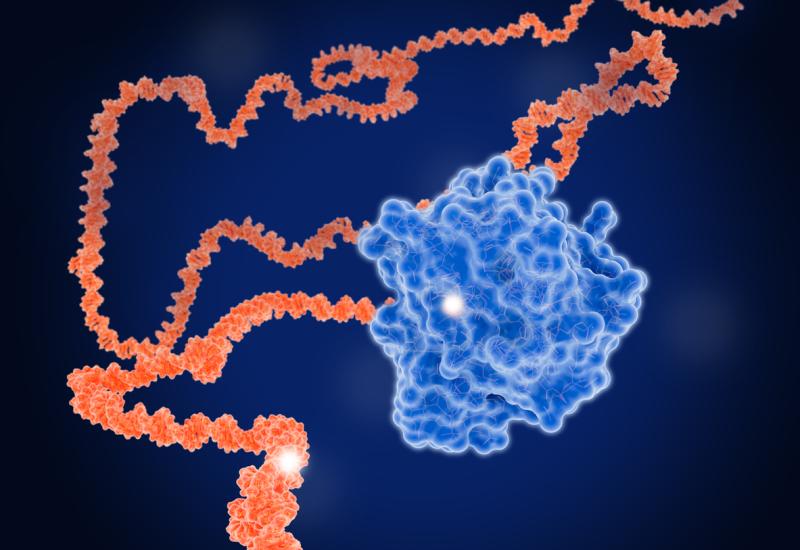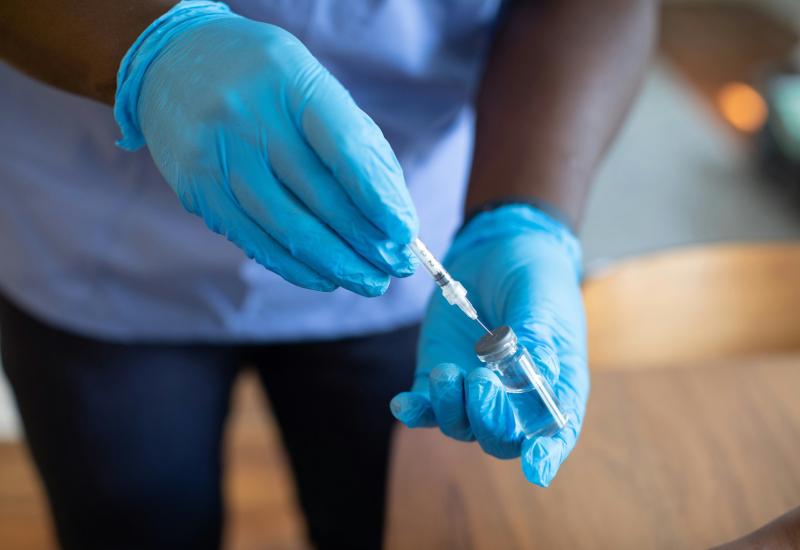
No holding back Claudin
New phase 1 entrants include Claudin18.2-targeting ADCs from Astra and Bolt.
New phase 1 entrants include Claudin18.2-targeting ADCs from Astra and Bolt.

Though the honeymoon period for Claudin18.2 inhibition, during which a multitude of biopharmas jumped on this mechanism, is over, interest in this approach continues. Recent initiations of first-in-human clinical trials include two such projects, one of which, AZD4360, appears to be AstraZeneca's second shot at Claudin18.2.
There's also a new entrant in Claudin6, a less crowded space that until recently featured BioNTech's Car-T therapy BNT211 and little else. In Claudin18.2 Astra and others will be aware that only stellar data will cut the mustard, given the discontinuations of projects that until recently seemed to hold promise.
Perhaps most notable was the scrapping in March of Elevation Oncology's ADC EO-3021. The data this project generated in a Chinese trial fuelled investor enthusiasm and drove up Elevation's price, right until last August, when the first US-generated data turned out meaningfully less promising. After that EO-3021's discontinuation became a no-brainer.
But revelation of Astra's ADC AZD4360, whose phase 1 trial is to begin later this month, is intriguing. In 2023 Astra licensed Keymed's anti-Claudin18.2 ADC CMG901, based on promising clinical data, and this project remains in development, now under the INN sonesitatug vedotin; AZD4360, however, appears to be an in-house effort unrelated to the work at Keymed. Details on AZD4360 are sparse, but perhaps it uses a different payload than sonesitatug vedotin, which employs monomethyl auristatin E.
The other phase 1 entrant with this mechanism is Bolt Biotherapeutics' BDC-4182, a conjugate that hits Claudin18.2 and uses a TLR7/8 agonist as a "payload". This is probably on shakier ground than AZD4360 or sonesita-V, given the lack of promise similar so-called immune-stimulating antibody conjugates have generated so far, and Bolt's own trastuzumab imbotolimod features as a notable failure.
New listings on the clinicaltrials.gov registry also include yet another anti-Claudin18.2 ADC, Luye Pharma's BA1301. However, the listing first posted on 15 April reveals that BA1301's phase 1 trial actually began in January 2023, and the study has featured on the Chinese study registry and in the OncologyPipeline database since then.
Recently disclosed first-in-human studies*
| Project | Mechanism | Company | Trial | Scheduled start |
|---|---|---|---|---|
| AZD4360 | Claudin18.2 ADC | AstraZeneca | Claudin18.2-expressing solid tumours | 23 May 2025 |
| BDC-4182 | Claudin18.2 x TLR7/8 agonist ISAC | Bolt Biotherapeutics | Gastric & gastroesophageal cancer | May 2025 |
| RX001 | AAV-hRUNX3 gene therapy | GeneCraft | KRAS-mutated NSCLC | May 2025 |
| QLM2011 | Undisclosed | Qilu | Solid tumours | May 2025 |
| HSK47388 | Undisclosed | Haisco | Healthy volunteers | May 2025 |
| QLS5132 | Claudin6 ADC | Qilu | Solid tumours | May 2025 |
| ATB-320 | Antisense oligonucleotide | Autotelic | Solid tumours | 1 Jun 2025 |
| STC-1010 | Immunotherapy | Brenus Pharma | Colorectal cancer | Jun 2025 |
Note: *projects newly listed on the clinicaltrials.gov database between 10 and 18 Apr 2025.
As for Claudin6, this space was once the preserve of BNT211, a troubled Car-T therapy that had been extensively delayed until BioNTech at last managed to take it into the clinic.
Recently, however, two ADC challengers have emerged in the form of Torl's TORL-1-23 and Daiichi Sankyo's DS-9606a, with clinical data of all three featuring at last year's ESMO conference. Now they are being joined by Qilu's QLS5132, which is also an ADC, and whose phase 1 solid tumour study is to begin this month.
First-in-human listings also include the little-known South Korean biotech GeneCraft with what looks to be its first clinical entrant, RX001. This appears to be subject to a licensing deal with GenScript, a Chinese group that until last year was Legend Biotech's controlling shareholder.
RX001 is a gene therapy encoding RUNX3 (Runt-related transcription factor 3), which is thought to play a role in defence against early tumour formation. OncologyPipeline reveals no other industry projects with this mechanism.
2197













